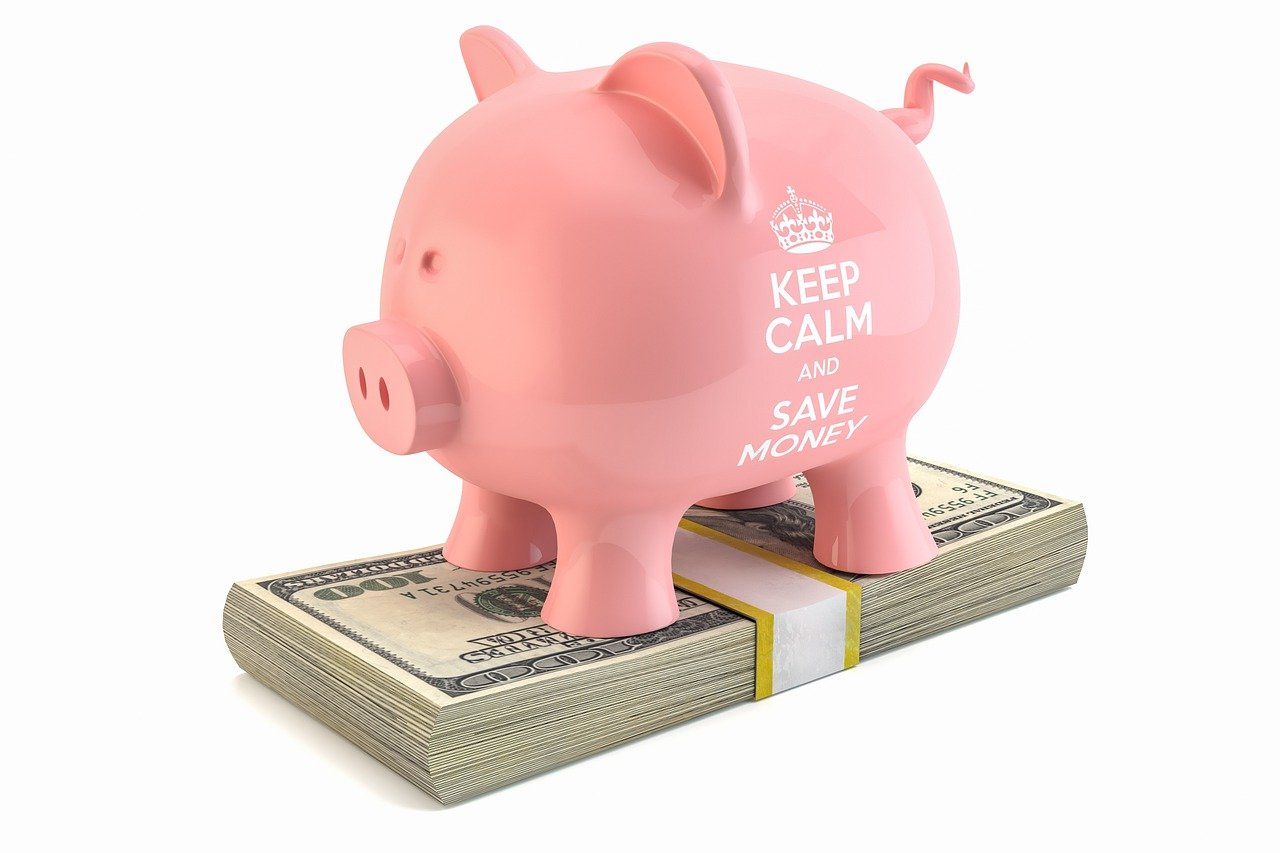Personal budgeting is the process of creating a plan to manage your personal financial resources, including income, expenses, and savings. It involves setting financial goals and tracking your spending in order to allocate your money in a way that meets those goals. Personal budgeting helps individuals to live within their means and avoid financial difficulties, such as overspending, unpaid bills, and debt. It also allows individuals to save for the future and achieve their financial objectives.
Creating a personal budget can seem like a daunting task, but it is an essential step in achieving financial stability and success. A budget helps you to track your spending and ensure that you have enough money to cover your expenses and reach your financial goals. It can also help you to identify areas where you may be overspending and make adjustments to live within your means.
Here are some guidelines to help you create your personal budget:
Determine your income
The first step in creating a budget is to determine your income. This includes all sources of income, such as your salary, any bonuses or commissions, and any other sources of income such as investments or rental properties. Make sure to include all sources of income, even if they are irregular or infrequent.
Identify your expenses
The next step is to identify all of your expenses. This includes both fixed expenses, such as rent or mortgage payments, and variable expenses, such as groceries and entertainment. It’s important to be as thorough as possible when identifying your expenses to ensure that you have an accurate picture of your spending.
Categorize your expenses
Once you have identified all of your expenses, it can be helpful to categorize them into different categories, such as housing, transportation, groceries, entertainment, etc. This will help you to see where most of your money is going and identify areas where you may be able to make cuts or adjustments.
Determine your savings goals
In addition to covering your expenses, it’s important to set aside money for saving and investing. Determine how much you want to save each month and include it in your budget. This may include saving for emergencies, retirement, or specific financial goals such as buying a home or paying off debt.
Make a plan to pay off debt
If you have debt, it’s important to include a plan to pay it off in your budget. Determine how much you can afford to pay each month towards your debt and make a plan to pay it off as quickly as possible. This may involve making sacrifices in other areas of your budget or finding ways to increase your income.
Use budgeting tools
There are many tools and resources available to help you create and track your budget. This may include apps or software programs, as well as paper and pencil budgeting sheets. Find a tool that works for you and stick with it to ensure that you are accurately tracking your spending and staying on track with your budget.
Monitor and adjust your budget
A budget is a living document and should be regularly reviewed and adjusted as your financial situation changes. Be sure to monitor your spending and make adjustments as needed to stay on track. This may involve cutting back on certain expenses or finding ways to increase your income.
Stay flexible
While it’s important to have a budget and stick to it as closely as possible, it’s also important to be flexible. Life is unpredictable and there may be times when you need to deviate from your budget due to unexpected expenses or changes in your financial situation. Be prepared to make adjustments and stay flexible to ensure that you are able to meet your financial goals.
Creating a personal budget may take some time and effort, but it is an essential step in achieving financial stability and success. By following these guidelines, you can create a budget that works for you and helps you to live within your means, pay off debt, and reach your financial goals.
 All Finance Tips Guru | Finance Jobs | Tech Jobs
All Finance Tips Guru | Finance Jobs | Tech Jobs
